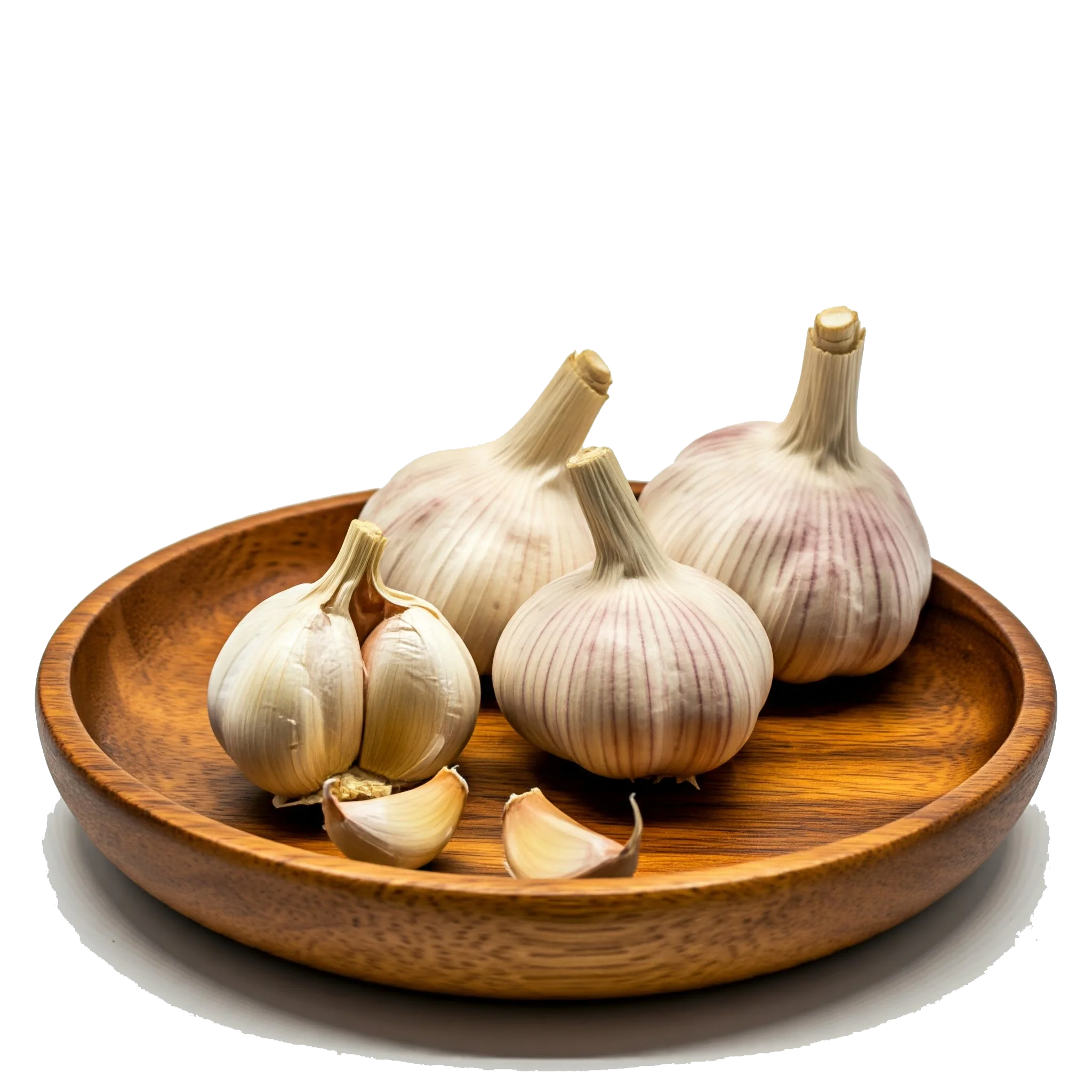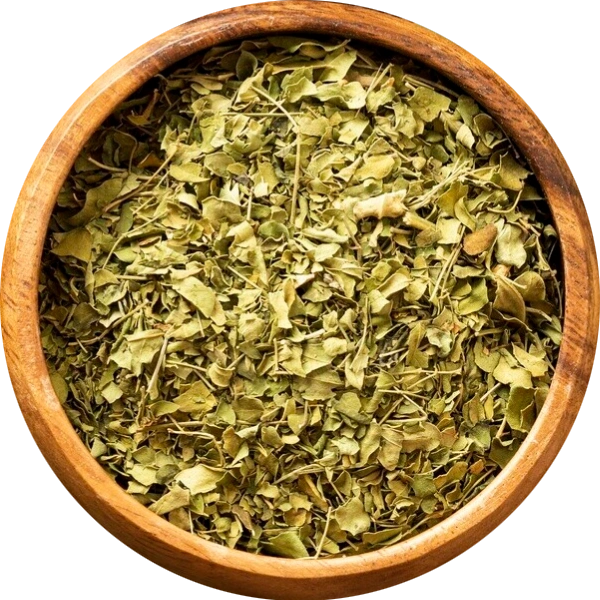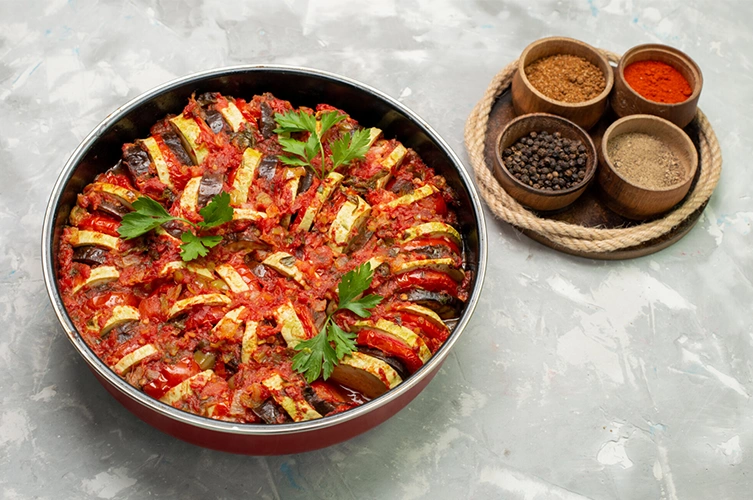

Top Health Benefits of Classic French Ratatouille You Need to Know
Ratatouille is a nutritional powerhouse that delivers a wide range of essential vitamins, minerals, and antioxidants through its vibrant mix of vegetables. Eggplant provides fiber and antioxidants like nasunin, which supports brain health, while zucchini is rich in vitamin C and potassium. Tomatoes are a major source of lycopene, a potent antioxidant linked to heart health and reduced inflammation. Bell peppers add vitamin A and beta-carotene to the mix, which boost immune function and support skin and eye health. The dish is naturally low in calories, high in fiber, and free from cholesterol, making it an excellent choice for maintaining a healthy weight and promoting digestive health. With olive oil as the main fat, it provides heart-healthy monounsaturated fats that help reduce bad cholesterol levels. Overall, ratatouille is a nutrient-dense, plant-based meal that supports cardiovascular health, digestive balance, and long-term wellness.
 Zucchini : 2 Piece
Zucchini : 2 Piece Eggplant/Aubergine : 2 Piece
Eggplant/Aubergine : 2 Piece Tomato : 4 Piece
Tomato : 4 Piece Bell Pepper : 1 Piece
Bell Pepper : 1 Piece Garlic : 3 clove
Garlic : 3 clove Onion : 1 Piece
Onion : 1 Piece Olive Oil : 3 Tablespoon
Olive Oil : 3 Tablespoon Tomato Paste : 1 Tablespoon
Tomato Paste : 1 Tablespoon Salt : as needed
Salt : as needed black pepper : to taste
black pepper : to taste Thyme : 1/2 Teaspoon
Thyme : 1/2 Teaspoon Paprika : 1/2 Teaspoon
Paprika : 1/2 Teaspoon Cumin : 1/2 Teaspoon
Cumin : 1/2 Teaspoon Basil (Dried) : 1 Teaspoon
Basil (Dried) : 1 TeaspoonRecipe :
For 4 people
Enjoy your healthy and colorful homemade Ratatouille!
When preparing ratatouille, it's important to focus on both the flavor balance and the texture of the vegetables. Uniform slicing of the vegetables ensures even cooking and an attractive visual presentation, especially when arranging them in layers. To avoid soggy or bland results, make sure to salt and drain eggplant slices ahead of time to remove excess moisture and bitterness. The sauce base made from garlic, onions, tomatoes, and herbs should be well-seasoned and slightly reduced before layering the vegetables on top, as this provides depth and richness to the final dish. While baking, cover the dish for the first half of cooking to allow the vegetables to steam and soften, then uncover it to allow for slight caramelization and browning on top. Use fresh herbs like thyme, basil, or oregano for enhanced flavor, and don’t overcook the vegetables — they should be tender but not mushy. Attention to these details makes the difference between a good ratatouille and an outstanding one.

Ratatouille is highly adaptable and fits into a variety of popular dietary plans, making it a versatile option for diverse lifestyles. It is naturally suitable for vegan, vegetarian, Mediterranean, gluten-free, low-calorie, and DASH diets. The absence of animal products and gluten makes it accessible to people with common food sensitivities or preferences. However, it is not compatible with ketogenic, paleo, or high-protein diets in its traditional form, as it contains relatively high amounts of carbohydrates from vegetables like tomatoes, onions, and bell peppers, and lacks substantial protein or fat. For those following a low-carb or high-protein regimen, modifications such as reducing starchy vegetables or adding tofu, tempeh, or grilled chicken may help adjust its macronutrient profile. It is also a great option for intermittent fasting as a nutrient-rich post-fast meal that rehydrates, replenishes electrolytes, and provides slow-digesting fiber and phytonutrients.
lara (May 20, 2025, 11:54 p.m.) : This Ratatouille turned out beautifully—both visually stunning and full of flavor! The layers of tender vegetables were perfectly seasoned, and the tomato sauce gave it a rich, herby base that tied everything together. I loved how the eggplant and zucchini absorbed the sauce while still keeping their texture. It's a great vegetarian option that feels hearty and satisfying. I served mine with crusty sourdough, but I think it would also be excellent alongside grilled chicken or fish. Definitely a recipe to keep on repeat!